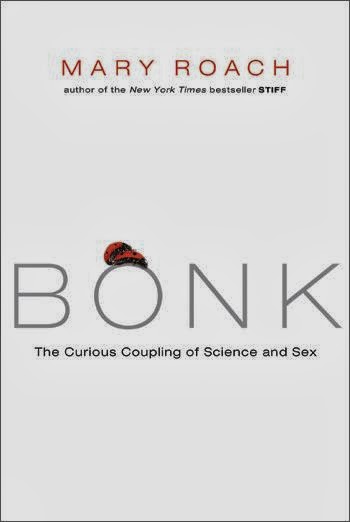PEN has printed in the past articles about coming products, like long lasting and human-cell line products. We’ve also mentioned transgenic animals—which express proteins in their milk that can be used for human treatment of certain disorders. Hemophilia is one of the therapies being researched to create products from transgenic animals.
Charlton [Massachusetts] farm to raise rabbits for medicine
A French biotechnology company that turns milk from genetically engineered goats into medicine plans to expand operations at its farm in Charlton by raising rabbits that produce a blood-clotting agent for patients with hemophilia.
LFB SA and its Framingham-based subsidiary rEVO Biologics plan to build a colony of 1,000 to 1,200 rabbits making a protein called Factor VIIa at the farm, said Dr. William Gavin, a veterinarian and senior vice president of operations for rEVO.
“We’re going to have the first shovel in the ground in August,” Dr. Gavin said. “About one year later we will be producing milk here from the rabbits that produce the Factor VII in their mammary glands.”
The plan represents the first potential product expansion at rEVO, previously known as GTC Biotherapeutics, since it launched a clot-busting drug called ATryn in 2009. ATryn was the world’s first drug made in the milk of genetically altered animals.
LFB has been producing limited amounts of Factor VIIa in the milk of rabbits in France while also testing the protein in humans. The company said Monday it expects to launch the third and final phase of human studies this year.
If approved, LFB would market its Factor VIIa product as a treatment for hemophilia A and B patients who have developed inhibitors, or antibodies, to other clotting proteins known as Factor VIII or Factor IX.
The global market for blood disorders, including hemophilia, is estimated to reach nearly $64.7 billion by 2017, according to analyst Usha Nagavarapu in a market research report published last year by BCC Research of Wellesley.
NovoSeven, a Factor VIIa product sold by Novo Nordisk of Denmark, posted worldwide sales of 8.9 billion kroners in 2012, or about $1.6 billion in current dollars.
Founded in 1993 as part of Genzyme Corp., rEVO has offices and laboratories in Framingham. The company developed transgenic animals as an alternative to traditional biologics manufacturing.
Transgenic animal production generally starts in a laboratory, where scientists inject human genes into an early animal embryo. The embryo then gets implanted in the womb of a surrogate mother. If the procedure is successful, the animal born will carry code for a human protein in its genes. Then the animal can be bred normally to produce offspring with the human code.
That is how rEVO built its herd of goats on its 383-acre Charlton farm. Transgenic females in the herd produce milk carrying antithrombin III, a protein involved in blood clotting. The company processes the milk to a sterile powder form of antithrombin III for sale.
Dr. Gavin said rEVO plans to bring transgenic New Zealand White rabbits from France to build a new Charlton colony. The company chose rabbits rather than goats to produce Factor VIIa because rabbits can produce the key protein with certain sugars needed for the best therapeutic results.
Rabbits can also produce 200 milliliters of milk per day, or nearly 7 ounces, and they lactate for about three weeks.
Contact Lisa Eckelbecker at lisa.eckelbecker@telegram.com. Follow her on Twitter @LisaEckelbecker.
sex, and researches the sex researchers. It’s at once funny, interesting, witty
and head-scratching. From examining artificial insemination of sows in Denmark,
to examining her own physiological reactions in bed while participating in a
scientific experiment she reveals myths and facts about procreation. It’s
science, but with a flair for the funny. The author’s style is dead pan and
spot on. Four out of five stars



